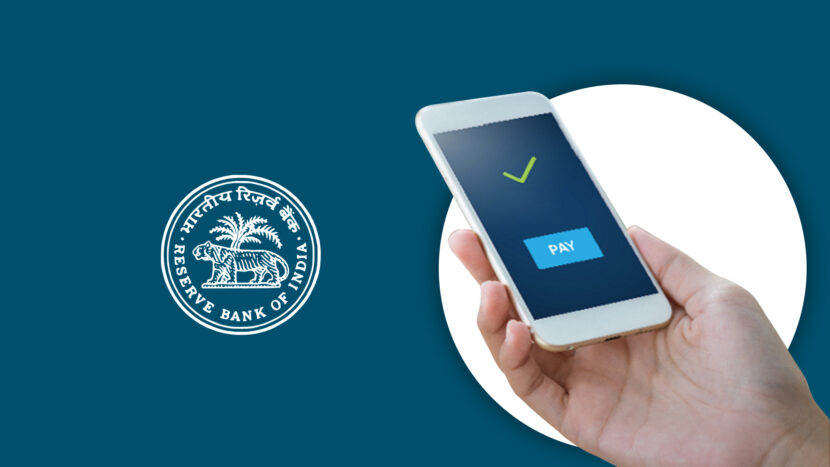After allowing a transitional period of over two years, the Reserve Bank of India finally started enforcing its directive on recurring and automatic payments. Customers of some of the leading digital companies operating in Bharat immediately faced declined transactions resulting in the suspension of subscription services and various account features. Apple, Sony, Paypal and Zoom were among the first to make the issue public.
Banks, financial operators and payment gateways now have to obtain additional validation by their customers for any recurring and automatic payments over Rs 5,000. Notifications and requests for express approval have to be sent at least 24 hour in advance by e-mail, SMS or any other agreed channels, with both credit and debit cards payments covered by the new regulation.
Many companies provide online casino entertainment, bill payment or online lottery in Delhi via subscription services which tend to make life easier for repeat customers and recurring fees. Many pre-set transactions will now have to get the nod via the so-called Additional Factors of Authentication (AFA). Known or owned by users themselves (PIN codes, passwords, smart cards or tokens among the most popular), AFAs were set to become mandatory back in April but many merchants and payment providers were not prepared to comply.
Online Subscriptions and Bill Payments Impacted
Monthly subscriptions, memberships and automated bill payments are among those most likely to experience service interruptions for now. Major markets like digital media and online entertainment have been relying on recurring payments to provide cheaper services and wider coverage.
An expert breakdown of the Indian lottery market shows the importance of Delhi and other Tier-1 cities on the national online gaming scene – the Capital is always in the Top 5 by online player traffic. Given the absence of paper-based Government lottery in the NCT, it is no wonder that players tend to seek alternatives online.
Yet, some businesses have been more far-sighted, it seems. Apparently UPI, the pride of India’s banking and fintech ecosystem, has not and will not be affected by the new directive. Netflix had deliberately chosen UPI payments over other card payments and so far has been rewarded by smooth payment collection services.
Pressure to Comply
Payment providers and tech businesses had previously managed to get a couple of extensions, as well as raising the limit from 2,000 to 5,000 rupees back in December of 2020. Pre-transaction notifications and an AFA system have already been put in place by several mainstream commercial banks, including HDFC, Kotak and Axis. Those that continue operating the old way will evoke “stringent supervisory action”.
In any case, the impacts are likely to be far-reaching – from Facebook and Google, to Amazon and Sony – a number of companies will still have their customers’ payments blocked. Subscriptions like PlayStation Plus (offered by Sony), Amazon Prime and ad programs on Google and Facebook will currently result inactive once their current billing cycle or budget expires.
Google’s Play Store has been turning down recurring payment customers, while YouTube is offering its Premium service only on a prepaid basis. Free trials have also been suspended by Amazon Prime as an option since the first billing cycle was designed for an automated payment method.
Related: India states crack down on dangerous superstitions: What is banned, what isn’t?
